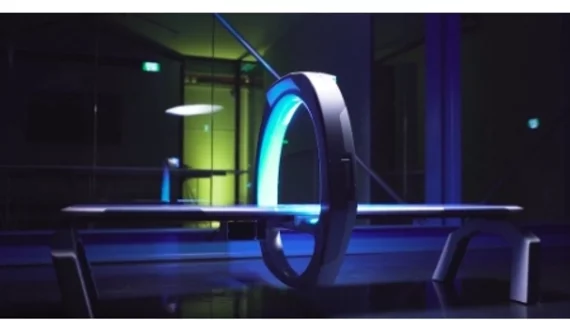Imaging disrupter Nanox raises $55M, targeting cheaper x-ray option
An Israeli-based startup aiming to upend the medical imaging business just raised $26 million in its most recent round of funding, more than doubling its total support from investors that include Fujifilm and Foxconn.
Nanox has developed a new digital x-ray device that carries a much smaller footprint and cost when compared to traditional modalities. The vendor is eyeing “mass deployment” of more than 15,000 of its systems across the globe in the near future, according to an announcement.
They’re looking to use a pay-per-scan model and would control all ends of the process including storing images in their own cloud, pinpointing radiologists for interpretation and providing artificial intelligence systems to understand the bigger picture.
“Eradicating cancer” is their eventual goal, founder and CEO Ran Poliakine said in a company statement.
“Nanox has achieved a technological breakthrough by digitizing traditional x-rays, and now we are ready to take a giant leap forward in making it possible to provide one scan per person, per year, for preventative measures,” he added.
Making its business case, the Neve Ilan, Israel, company pointed to a 2012 report World Health Organization report, which found that two-thirds of the global population lacks access to imaging. Many others, meanwhile, wait in long lines for scans to diagnose their condition.
Pending regulatory approval, the Nanox.Arc would fill this void under a pay-per-scan business model at a fraction of the price tag for traditional CT, MRI and PET. Images would be transmitted directly to the Nanox.Cloud, which handles analysis and billing. Hospitals and radiologists, meanwhile, would have real-time access to the server across the globe, according to the announcement.

